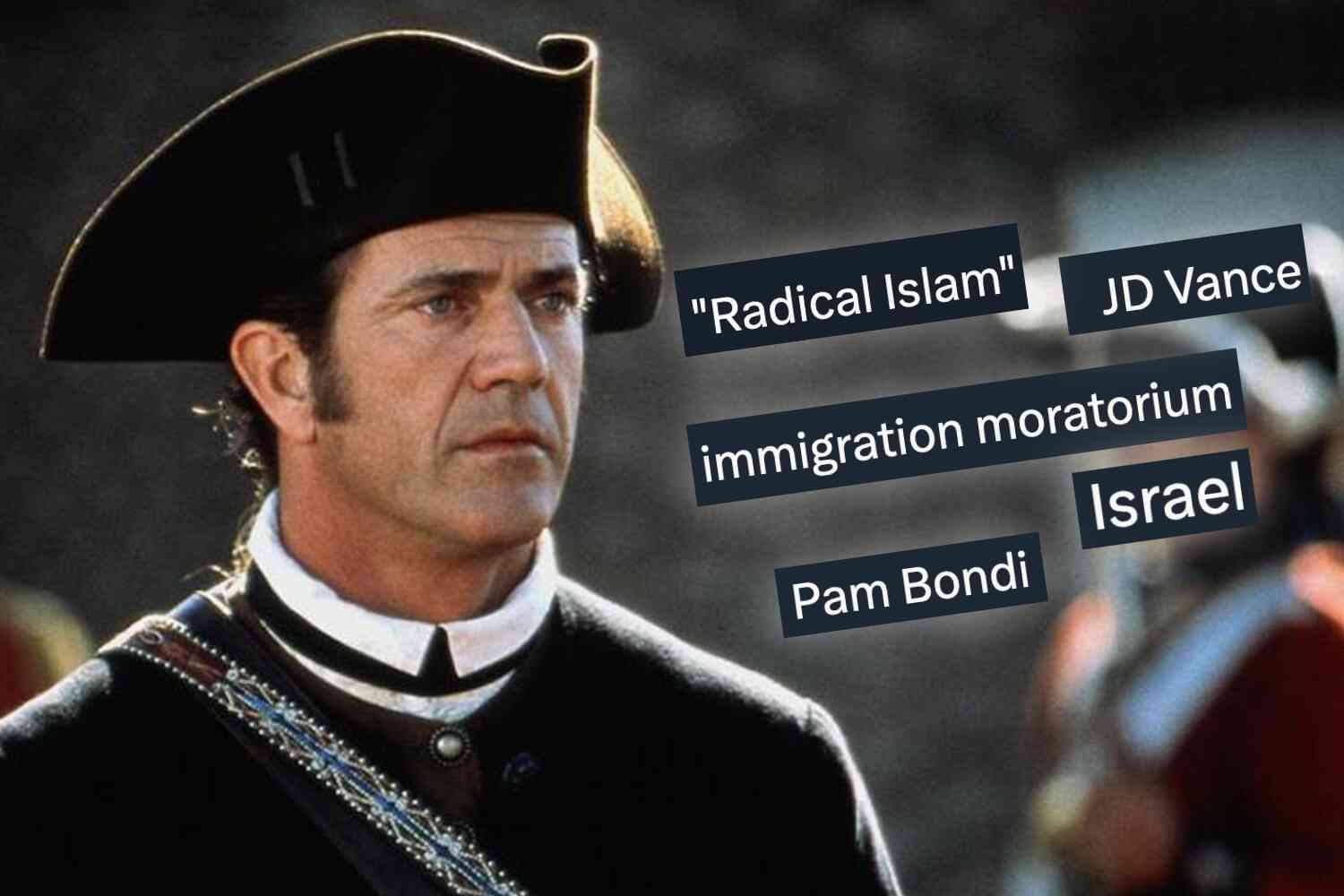I think a few too many Gen Xers and Millennials are being a bit too nostalgic, but I will admit there's something in the sauce here.
Apparently, Jack Posobiec from Human Events tried to take his kids to a DC-area Pizza Hut to give them a slice of his '90s childhood and found out that they no longer do dine-in service.
This led to a lot of people dreaming of the good old days of "Book-It," those iconic red cups, and the impressive buffets you could find at the Hut. And I mean a lot of people!
Political commentator and host of Human Events Daily Jack Posobiec unleashed a thread on Twitter recalling with affection the Pizza Hut chain, remnants of which dot the American landscape in the form of abandoned "huts" with iconic pitched roofs, many now covered with graffiti and signs of decay.
That thread went viral and made its way to the 11th top spot in the nation on Twitter.
Someone even made the trending announcement into a NFT!
Let me explain this phenomenon:
What's happening here is more than just fond memories of a company that went the way most big businesses do throughout history after enjoying a privileged golden era.
It ties into our shared heritage as Americans and Westerners and what those words even mean.
In the 19th century, the West began abandoning faith in God in favor of the secular ideas of those like Darwin and Marx. Everyone from the Nazis to the Russian commies had ideas about creating a "New Man" to lead humanity into the future.
Following the jettison of religious faith – and the rich fabric of teaching contained within biblical stories and narratives – the modernists got rid of the traditional cultural capital of Shakespeare, Homer, Aristotle, Chaucer, and legends like Robin Hood and King Arthur. There were to be no more silly notions of knights fighting dragons. This was now a world of medicine and steel.
This was unbelievably profound on a personal and societal level. Stories shape who we are, as outlined by Dr. Jordan Peterson.
At the same time, different cultures and languages mashed and merged in this new modern world throughout two World Wars and the emmigration of millions to the free West. A new cultural capital moved in to fill the gaps previously held by the Bible and the folklore of these different societies.
These new stories – from Superman to The Mutant Ninja Turtles to The Beatles to American Idol to Super Mario to Seinfeld to Pizza Hut (the best restaurants tell a story) – created a cohesive social fabric that slowed the rot brought on by post-modern ideas.
But they didn't stop it (in case you haven't noticed how fast things are going off the rails lately).
And now that we live in the wreckage of the West, we remember what came before with a sense that something profound has been lost, like Tolkien's Fellowship gazing out at ancient ruins with a haunting distant memory that gripped their hearts.
The account Wokal Distance published a powerful thread with similar thoughts:
Pizza Hut was a tale that mattered. It helped bind us together with a shared sense of togetherness that all people groups need. It's why so many people look to a guy like Elon Musk today as a symbol of the things – from the space race to the wonder of exploration to super heroes to funny memes – that have unified us over the past half century or so.
Of course, the problem began with jettisoning faith, and it will never be fixed until we have a shared faith of some sort again. The next century will define what kind of faith – good or bad – the West comes to have.
But dang it all if we still don't feel those memories of eating free slices from our "Book-It" accomplishments in our bones!

P.S. Now check out our latest video 👇









